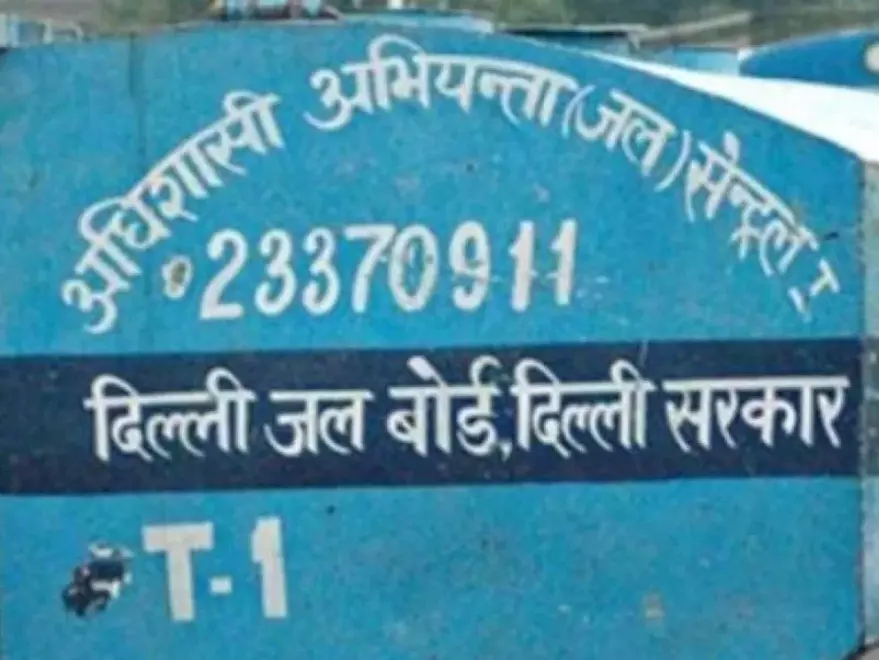Water bill to be mandatory document for property registration in Delhi, DJB approves proposal

New Delhi: Residents of Delhi will soon be required to show a water bill at the time of property registration, with the Delhi Jal Board (DJB) approving a proposal to make the document mandatory.
The move is aimed at increasing revenue and stoping illegal connections in the national capital, a senior official of the board said.
Currently there are around 29 lakh water connections against 57 lakh electricity connections, which implies that many households do not have a legal water connections, the official said.
According to another official, the proposal was discussed at a recent board meeting chaired by Water
Minister Parvesh Verma, where it was given a green light and a more detailed report on implementation of this policy is in the works.
"While water is a basic necessity for the people, we also have to keep in mind that currently DJB spends Rs 101 to clean 1000 litres of water. So we are trying to get the water bill of the past three months attached with one's property at the sub-registrar's office," Verma said.
The move is aimed at expanding the reach of the water and sewer network so that we can clean the Yamuna river in the next three years, he added.
"The proposal feedback from the revenue department is being gathered. Further details of the policy are being worked out. This will help ensure that water dues are settled and connections are regularised at the time of property sale or purchase," a senior DJB officer said.
In many areas, particularly unauthorised colonies, residents continue to use water services without formal connections, despite the presence of infrastructure. This not only impacts the DJB's finances but also leads to poor wastewater management.
Officials said that just as electricity bills are often used as proof during property registration, water bills can be incorporated into the process.
"There are lakhs of illegal water connections in unauthorised colonies, we do not know the exact number but we know the number is huge. So the fees to convert illegal connections to a legal one has also been reduced to motivate more people to get into the system," the official added.
Currently, DJB reports nearly 50-52 percent non-revenue water (NRW), meaning that more than half of the treated water does not generate revenue -- either due to leakages, theft, or unbilled usage.
Officials believe that formalising water usage through the registration process could significantly help in reducing this figure.



